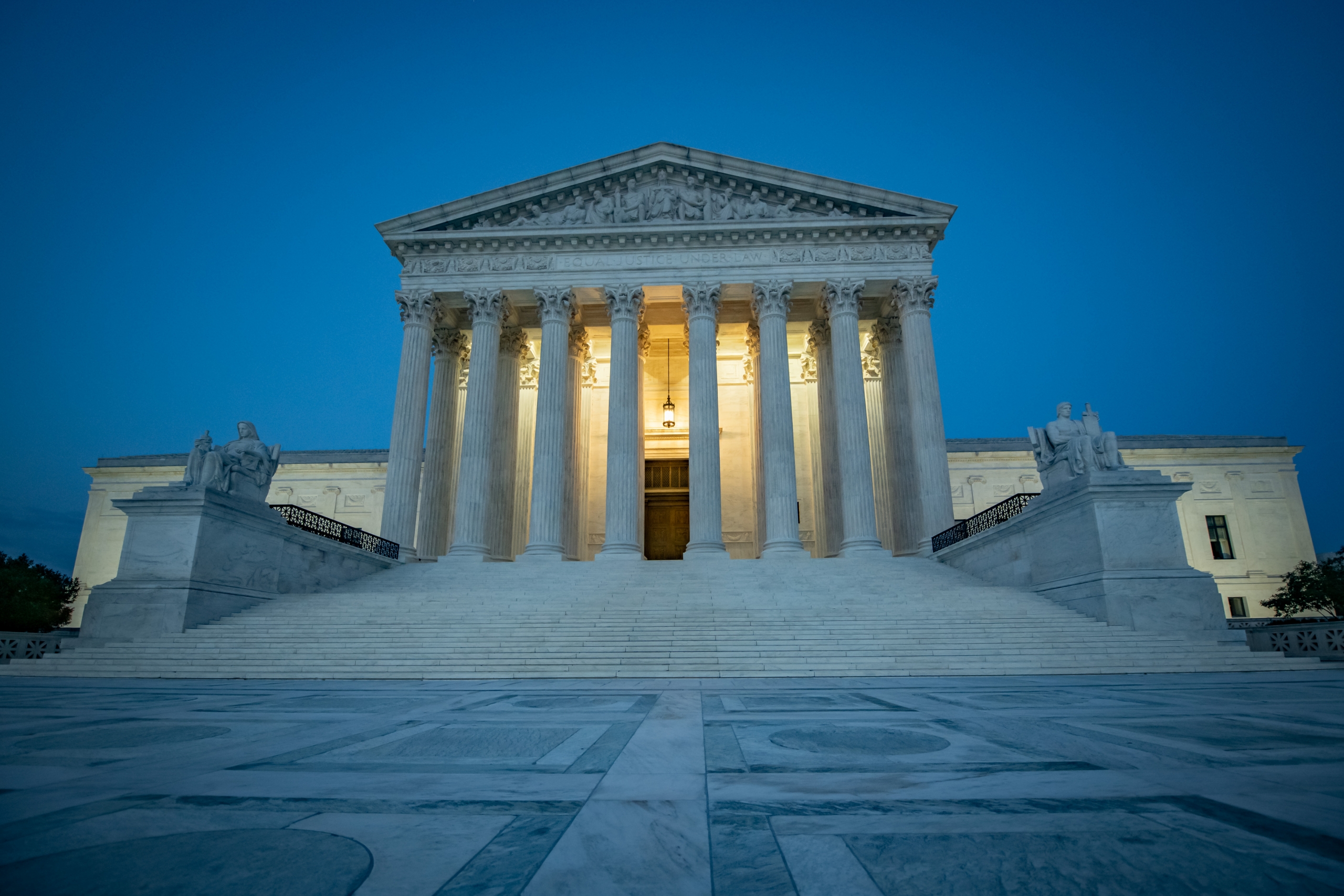Third-party Vendors and the FDCPA, Part 2: Should you stop all outsourcing where creditors are concerned?
On April 21, 2021, the 11th Circuit ruled that a debtor has standing to file suit agains a creditor if the creditor shares information about the debt with a third party.
In response to this ruling, the Third Party Payment Processors Association (TPPPA) is filing an Amicus Brief on behalf of its bank, ACH Processing, and credit card processing members.
According to Marsha Jones, President of TPPPA:
“…this case has great significance to the banks, payment processors and their customers, as it threatens to link the usage of third-party service providers to consumer data privacy. We believe that the unique perspective of the Membership will help the court to understand the far-reaching implications of this case, beyond the use of third-party letter vendors, to the broader impact of prohibiting the use of third-party service providers’ expertise in safely and securely processing consumers’ data in sensitive consumer financial transactions. We hope to have the opportunity to argue this brief to appeal to the court to grant rehearing en banc.”
Why it Matters for ACH Processing
As stated within the Amicus brief, which was drafted by the attorneys at Troutman Pepper:
“…if the sending of consumer information to a third party for purposes of printing a letter is sufficient for Section 1692c(b) liability and, most relevant to the Petition, Article III standing, then the same could—at least arguably—be true of sending the consumer information to a payment processor for purposes of processing a payment that the consumer requests to make electronically.”
ACHWorks believes the ruling is overly broad. Here’s why:
No definition of what constitutes a violation of the statute.
A dunning letter, which was at the core of this case, should include all relevant information for the related debt. However, if the ruling stands, an ACH Payment instruction would only include the debtor’s name, bank account number, routing number, and a dollar amount. No other information would be in the payment instruction, including:
- Total amount owed.
- Original creditor.
- Cause of debt.
Not including this information could be confusing for the debtor. The ruling was also unclear about what information shared with a third party would be considered a violation.
No safe harbors addressed in the ruling.
The judge acknowledged the ruling may require collectors to “in-source” many services. Currently, ACH payment information must be processed through a bank or an ACH processor. The ruling did not address any safe harbor for banks or payment processors.
This means debtors can only pay via cash, cashier’s check, or money order. All these options are costly and inconvenient to the debtor.
Where to find more information
- Read the Amicus Brief here.
- 13 other Amicus Briefs were also filed by the debt collection and other related industries. You can see those here: Accounts Recovery Resource Guide.
- You can also read or original post on this topic here, or see it below.
ACHWorks is a proud, Founding Member of the TPPPA.
In case you missed it, here is part 1 of this post.



